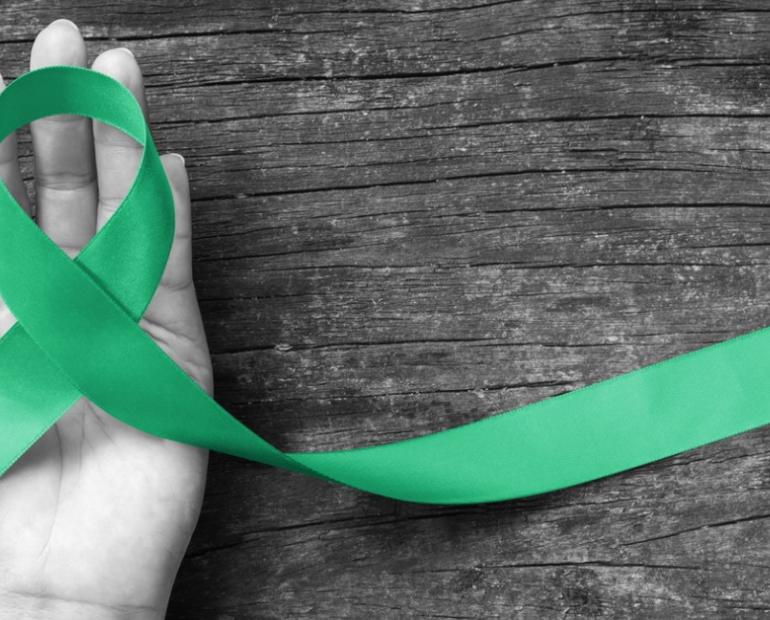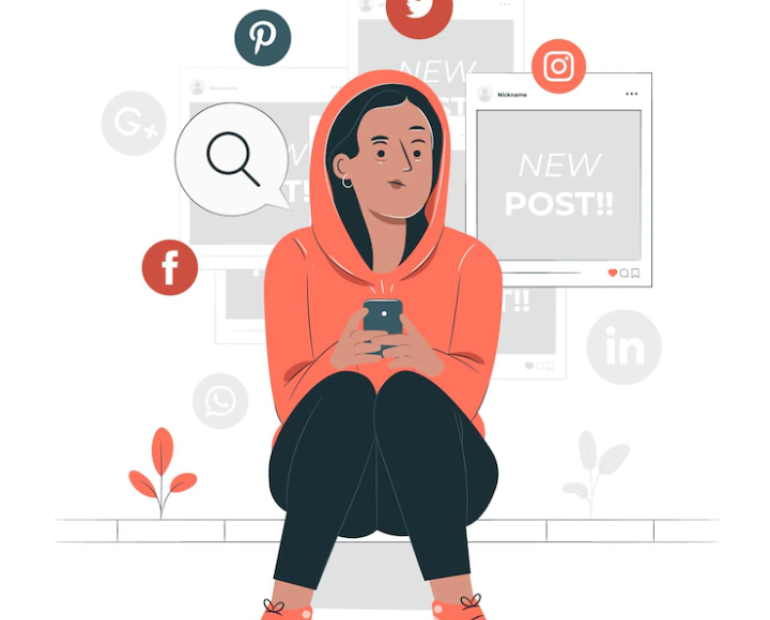
Worldwide around 970 million people have mental health illnesses, ranging from anxiety to dysthymia. These same illnesses are responsible for around 14.3% of deaths or 8 million deaths each year, and the numbers continue to skyrocket. Despite the heartache from these numbers, they are also valuable tools to demonstrate how prevalent mental health illnesses are in our world and to raise public awareness. We need to use these statistics to convey how rampant mental health problems are and advocate for our world’s well-being. Furthermore, we should take action and target predictable triggers to mental health illnesses - such as the hospital.
Of course, there are infinite causes of mental health illnesses and almost no way of preventing their effects. However, it is observed that survivor patients who’ve suffered from fatal diseases or illnesses are later found with mental health and psychiatric disorders. One of the reasons proposed for trauma after being released from hospitals is due to the isolation and loneliness they experience for several days or even months. Depending on their medical conditions, patients in locations such as the ICU may not even be permitted to interact with their family or loved ones. Researchers also believe that the side effects of medications or treatments given to patients could be responsible for symptoms of mental health disorders. So, how can we help patient survivors improve their mental health?
With current hospital technology supporting patient’s physical health - from ventilators to monitors to medications - we need technology targeted towards aiding mental/emotional health specifically in hospital environments. At the intersection of psychology and computer science, we could potentially develop Artificial Intelligence models around a patient's socio-emotional behavior to predict prevalent mental health issues. Using those AI models, we can autonomously compose personalized music to the patient’s conditions, resulting in preventing the formation of negative thoughts in the cerebrum, and ultimately alleviating the patient’s stress.
Why music? There are many qualities of music that positively impact our well-being such as lyrics and chord progressions which psychologically attune to our emotions making us feel sad, happy or energetic depending on the music’s technicalities. In fact, many clinical therapists and hospice cares utilize music therapy as a professional tool to help their patients.
Obviously, there are many caveats in this plan, however, the drastic increase in annual numbers for mental health patients demands a call to action. Having the proposed patient personalized music-developing technology in hospitals could save the mental and emotional well-being of survivor patients. Computer Science coupled with psychology and music may have the potential of changing the hospital journey from stressful to less hectic. With the current pandemic, it is evident that the world’s collective trauma is increasing, so we need a solution. In the meantime, despite stressful situations, we can take the opportunities to smile, laugh and spread positivity to those around us.






